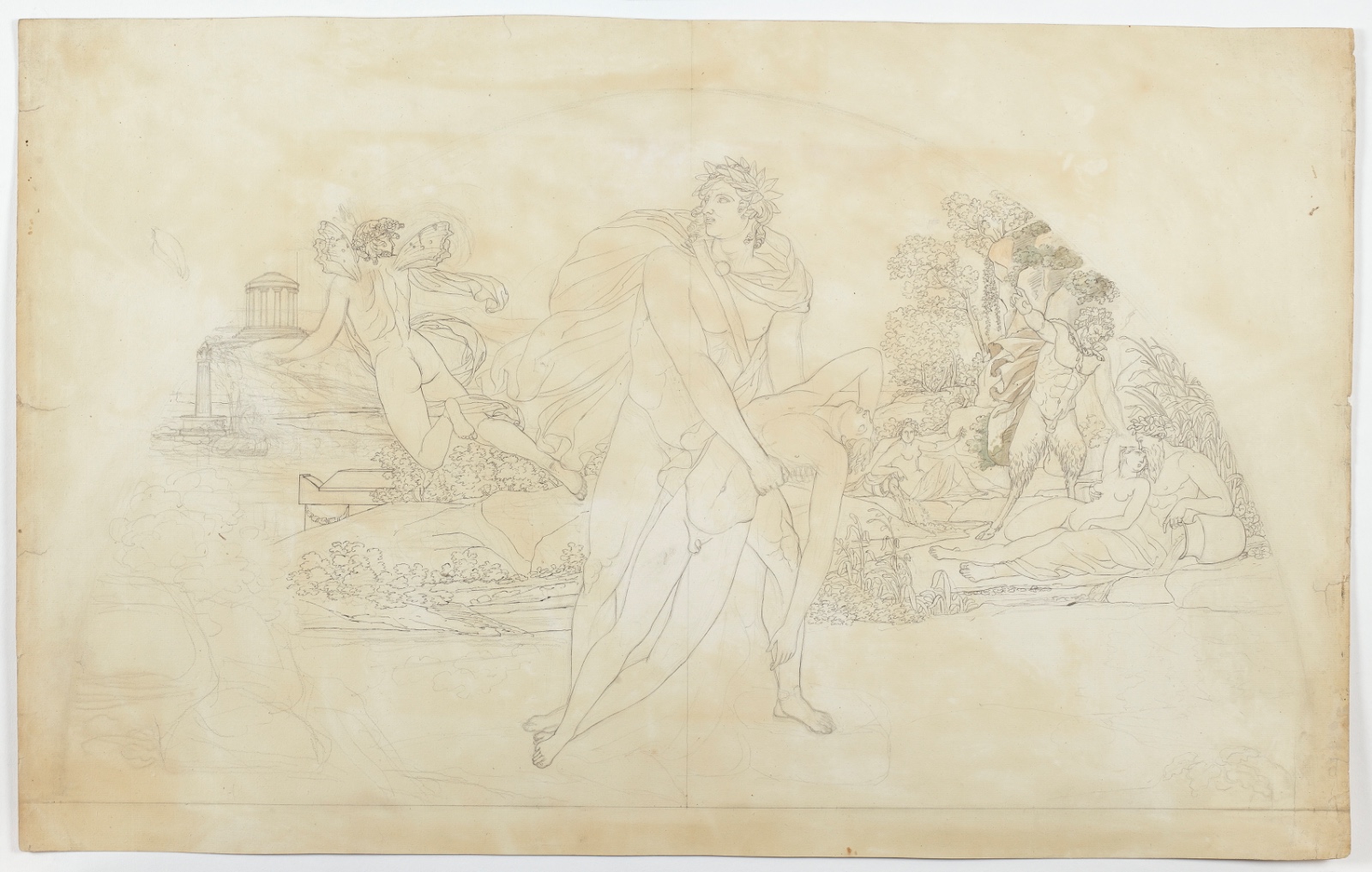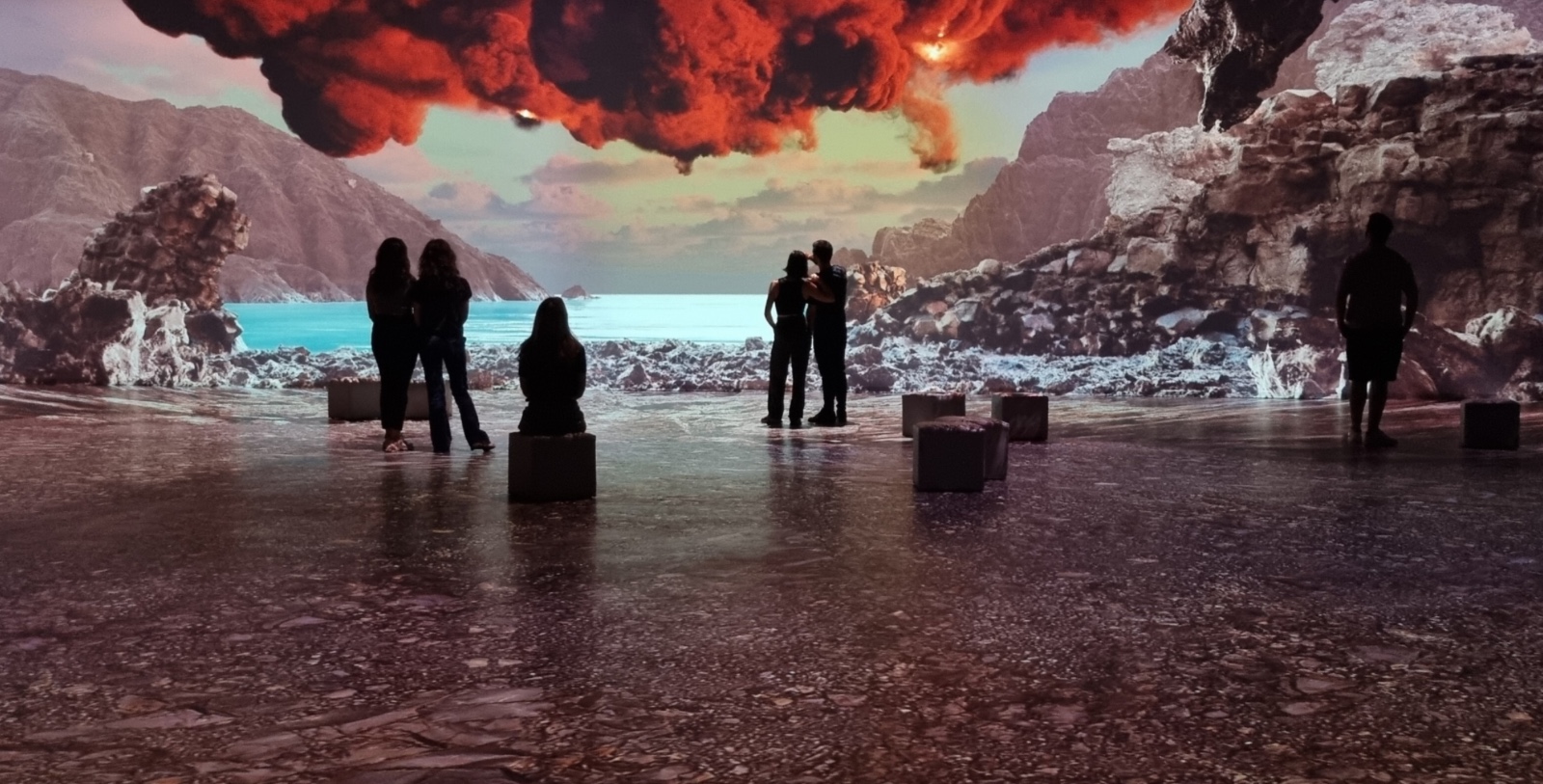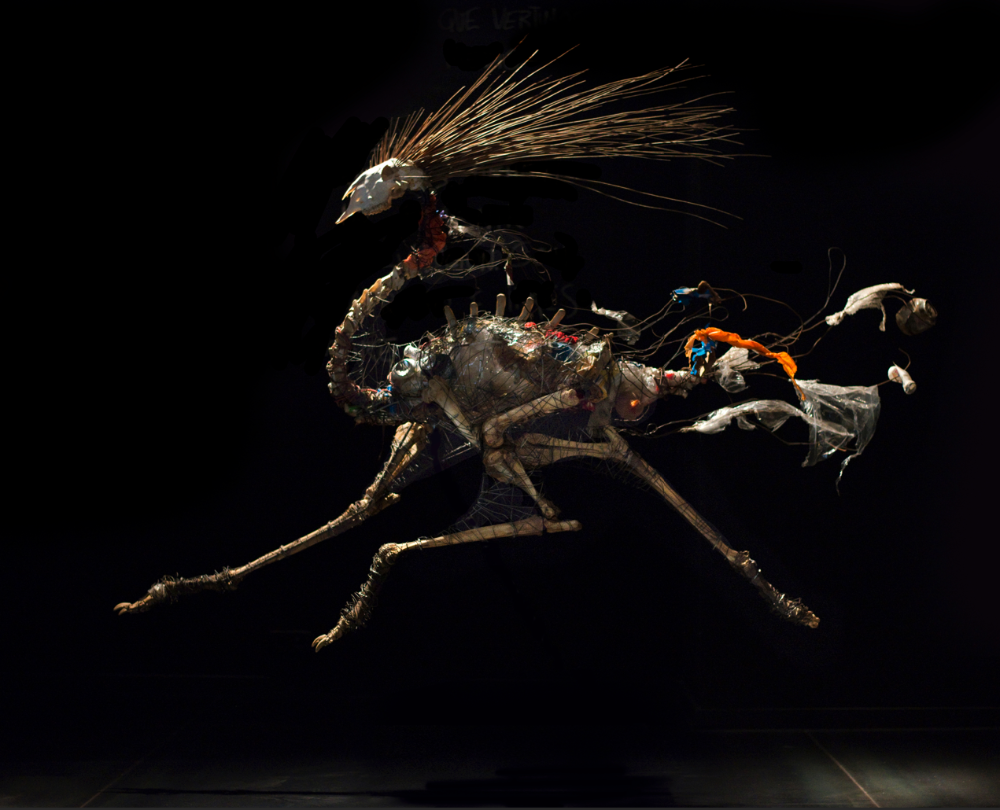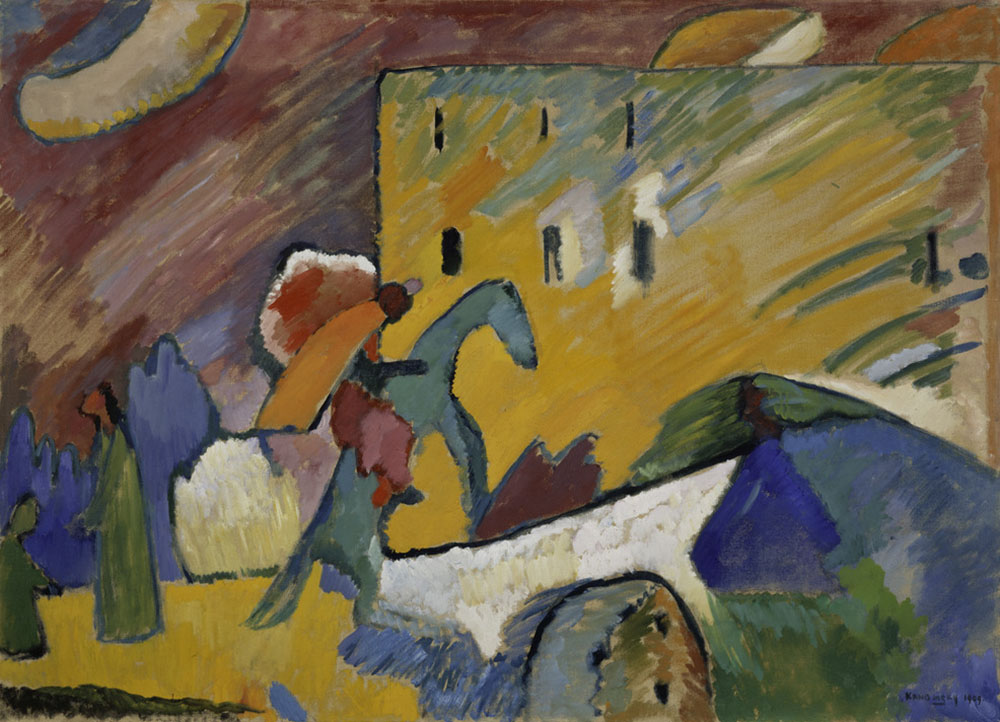library
1964. When culture became a spectacle
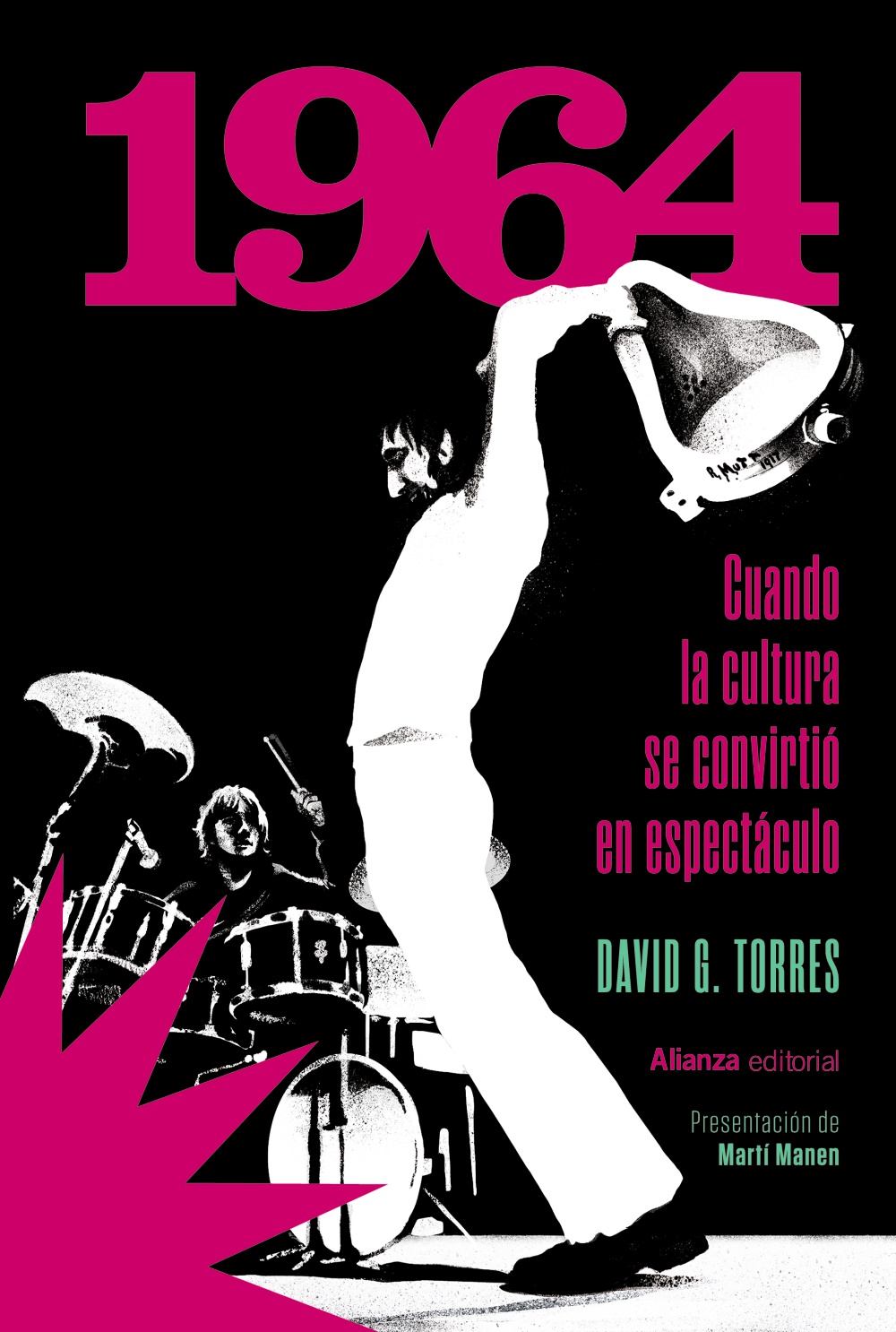
The book 1964. When culture became a spectacle, written by David G. Torres, professor of contemporary art at the UAB, as well as co-director and co-founder of A*DESK, Independent Institute of Criticism and Contemporary Art and collaborator of Bonart, offers an overview that covers the year 1964 and demonstrates why it is a key moment in order to understand the formation of contemporary identity and the contradictions it entails: the rebellion and nonconformity linked to pop culture; the consolidation of youth in the social, cultural and political scene; the fight for civil rights and the various implications of the communities that emerged on the west coast of the United States, Holland, France or Spain; the apotheosis of conceptual pop art and the sublimation of the art market; the emergence of countercultural movements that led to May 68 and the birth of punk.
The year 1964 marks a turning point. Marcel Duchamp decides to commercialize his ready-mades, Robert Rauchenberg's uncomplicated pop wins the Venice Biennale, Dino Gavina makes a luxury edition of Bauhaus furniture, Pete Townshend starts smashing guitars when The Who's performances end, the Rolling Stones release their first album, the Velvet Underground is formed, Warhol exhibits the detergent box in New York and opens the Factory in Manhattan, Roy Orbison writes Pretty Woman. There was an underground culture in both Europe and the United States, where feminist, anti-racist and anti-war activists organized themselves in student demonstrations in Berkeley. In 1964 Umberto Eco publishes Apocalyptic and Integrated, in which he claims that the utopian, revolutionary and dissident yearning of the avant-garde had become integrated into the society of the spectacle.
According to David G. Torres, this moment in which culture becomes spectacle is also linked to the loss of innocence in the face of what was believed to be a heroic or transformative culture. The public then understood that pop art, popular culture and pop music were exactly the same thing.
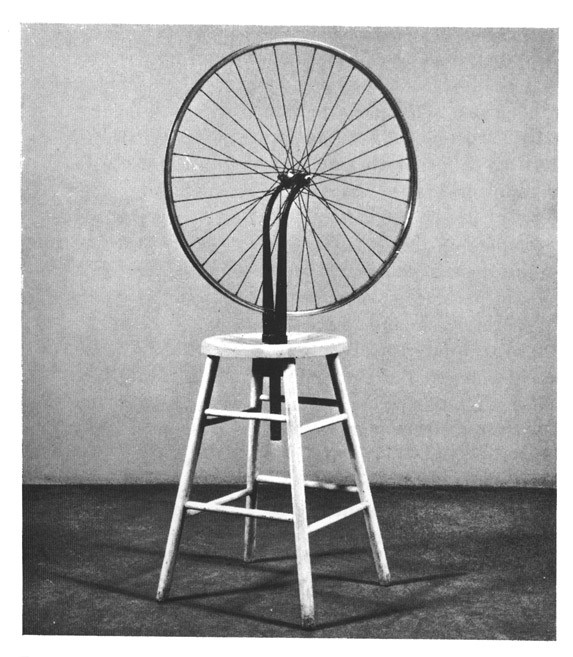 Bicycle Wheel, Marcel Duchamp (1913)
Bicycle Wheel, Marcel Duchamp (1913)





